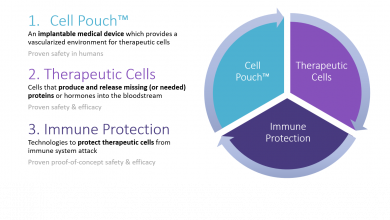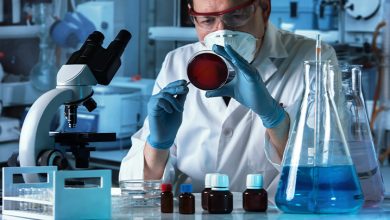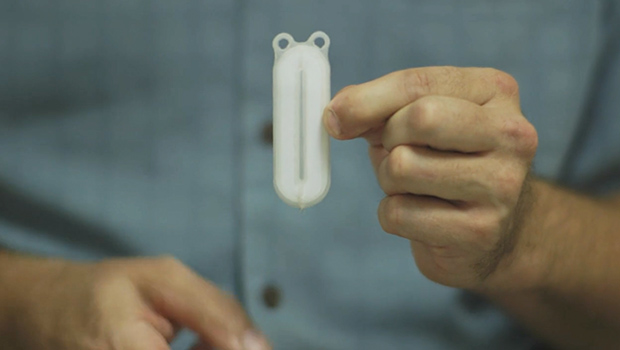How to Detect Type 1 as Early as Possible

A Swedish-based study is attempting to determine precursors to diabetes development in young children before symptoms appear, according to a Reuters article. The team of researchers is focusing on genetics, protein chemistry, and metabolism as biologic markers that Type 1 diabetes might develop in children.
The researchers have taken blood, stool, and nail samples from 8,600 Swedish, American, German, and Finnish children who have an increased hereditary risk of diabetes. The kids are also asked questions about their diet, and have their weight and height measured during clinic visits.The study, named The Environmental Determinants of Diabetes in the Young (TEDDY) project and led by Lund University researcher Ake Lernmark, has found signs of future diabetes at an earlier stage than previously thought possible. The team has found four common antibodies in blood samples that make it easier to detect eventual diabetes diagnosis.
Earlier detection could mean earlier treatment, which could head off diabetic ketoacidosis and provide the possibility of extending the so-called honeymoon period, when the pancreas can still produce some insulin. In an unrelated German study, researchers are trying to determine if early insulin dosing can immunize children against Type 1, and the Swedish researchers are hoping their work can lead to the development of a Type 1 vaccine.
The study’s researchers are hoping next to test all four-year-old children in Sweden for these biologic markers.
Thanks for reading this Insulin Nation article. Want more Type 1 news? Subscribe here.
Have Type 2 diabetes or know someone who does? Try Type 2 Nation, our sister publication.







